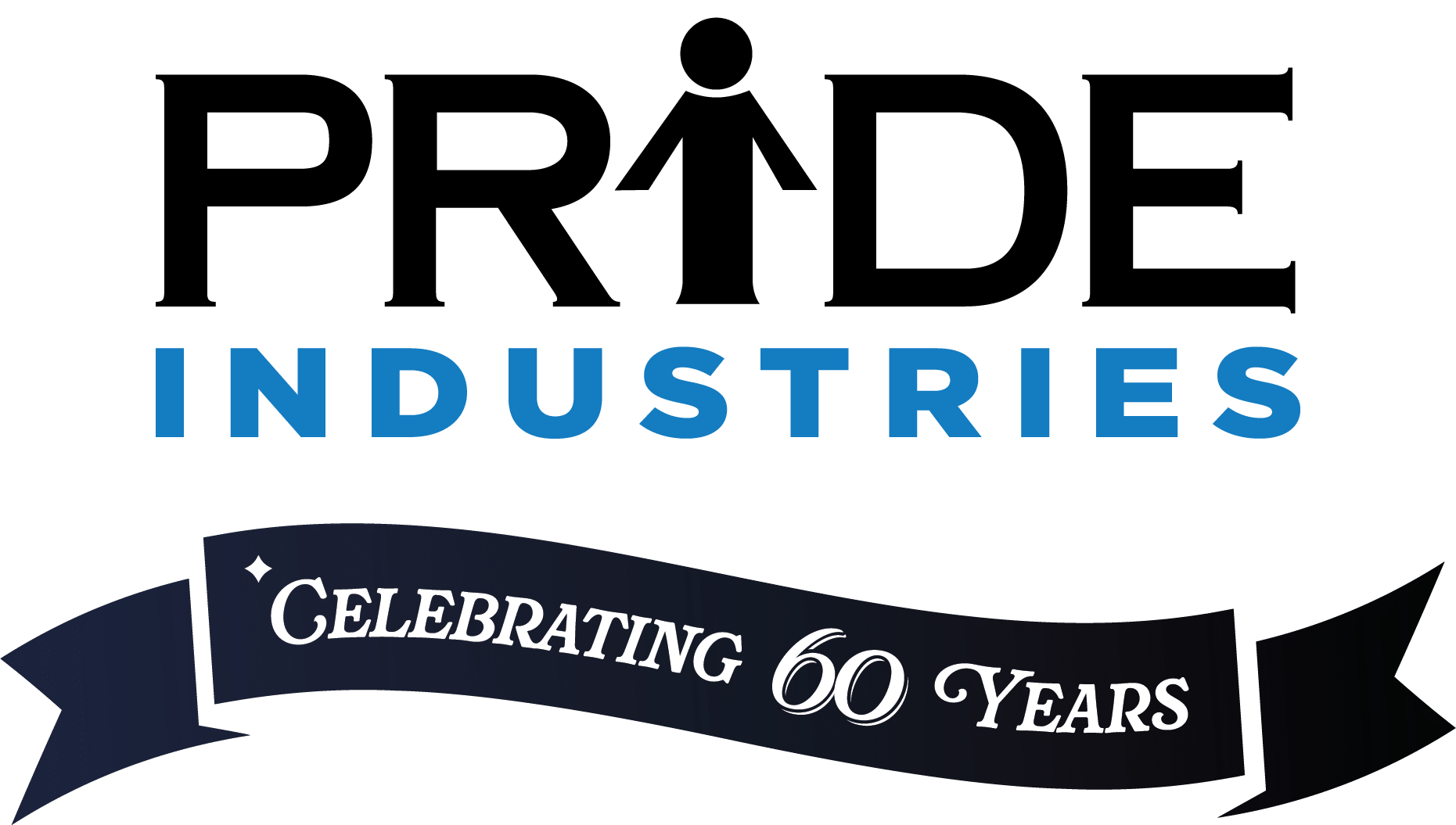In September 2021, the California Legislature passed SB 343, the “Truth in Labeling for Recyclable Materials” bill. This bill, which passed with an overwhelming majority, will prohibit the use of the chasing-arrows symbol and the term “recyclable” on products that are not recyclable. As a result, by July 2025, all California packaging must adhere to certain mandates. With New Jersey and New York already following suit, more bills and laws like these are sure to come.
Why are these laws necessary, and what will they mean to your operation?
“It’s a basic truth-in-advertising concept,” said California State Senator Ben Allen, the bill’s lead sponsor, to the New York Times. “We have a lot of people who are dutifully putting materials into the recycling bins that have the recycling symbols on them, thinking that they’re going to be recycled, but actually, they’re heading straight to the landfill.”
Designed to address concerns about non-recyclable materials coming into contact with recyclable materials, the new law seeks to eliminate contaminants from the recycling stream. Such contaminants make sorting and cleaning actual recyclable materials more costly—expenses that transfer to ratepayers and city governments. The bill also seeks to empower consumers to make informed decisions, stating that, “consumers deserve accurate and useful information related to how to properly handle the end of life of a product or packaging.”
Though, before the bill, it was already illegal to mislabel an item “recyclable” when it was not, enforceability was lacking. SB 343 changes that as follows:
“Recyclability symbols or statements that do not meet [the bill’s] requirements are ‘deceptive or misleading’ . . . Making such a claim is a misdemeanor punishable by up to 6 months of imprisonment, a fine of up to $2,500, or both.”
“There will be hefty penalties for those who don’t comply,” said Alan Ruzich, Regional Operations Manager at PRIDE Industries. “Aligning our customers’ packaging strategies with SB 343 is already on our radar and should be front-of-mind for all businesses’ packaging operations.”
Global law firm, DLA Piper, advises those packagers affected by this law to “take stock of their products and packaging bearing any claims related to recyclability.” The firm further notes, “Close attention should also be paid to any information posted by CalRecycle . . . “’
What measures should packaging operations managers take right now?
To this end, packaging operations will need to update their recordkeeping and their printing protocols. They will also need to monitor CalRecycle’s website, with an eye toward January 2024, when the state agency will be required to generate a list of specific criteria. In the meantime, according to the bill, a product may be labeled “recyclable” only if:
- that product is collected in one of the curbside programs that cover at least 60% of the state’s population.
- can be sorted into defined streams.
- can be reclaimed at appropriate facilities. The law further states that products collected by non-curbside programs can also be “recyclable,” but only if the program “recovers at least 60% of the product or packaging in the program” and the material can be sorted into aggregate streams.
Upon the list’s release, manufacturers will have 18 months to ensure their products are in compliance. This means that, by July 2025, your packaging operations should be fully on-board with new labeling mandates.
With an eye toward ESG, expect more of the same nationally.
Prior to the bill’s implementation, Heidi Sanborn, Commission Chair for California’s Commission on Recycling Markets & Curbside Recycling, compared California’s recycling climate to the “wild, wild West of product claims and labeling.
But things will soon be different.
“[There’s] finally going to [be] a new sheriff in town when it comes to labeling and proper information to the public—and what’s recyclable,” said Sanborn.
And beyond California, things are expected to change as well.
“It’s a part of the focus on Environmental, Social, and Corporate Governance (ESG) ratings for organizations,” says Tony Lopez, Vice President of Manufacturing and Logistics for PRIDE Industries. “Nationally, organizations are understanding how the environmental side of business—including true recyclability of their products—is becoming a necessity, both from a consumer social-consciousness perspective and a sustainability one.”
In fact, PRIDE Industries partner, HP, Inc., has initiated a Sustainability Pledge, in which the global leader requires its suppliers and partners to commit to six sustainability goals—including a pledge to use their strict recycling guidelines.
“California has always led the sustainability movement,” said Lopez. “HP was founded here and is now recognized as one of the world’s most sustainable companies. Expect others to follow suit.”
